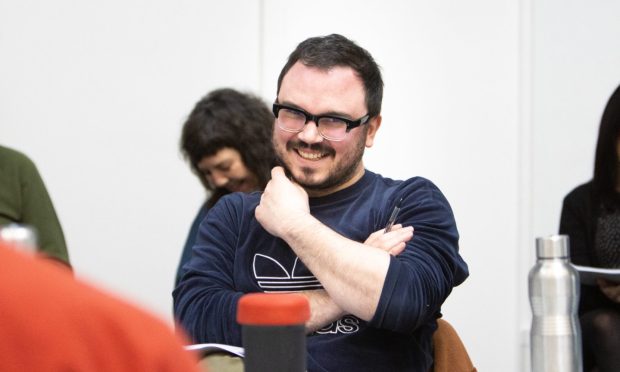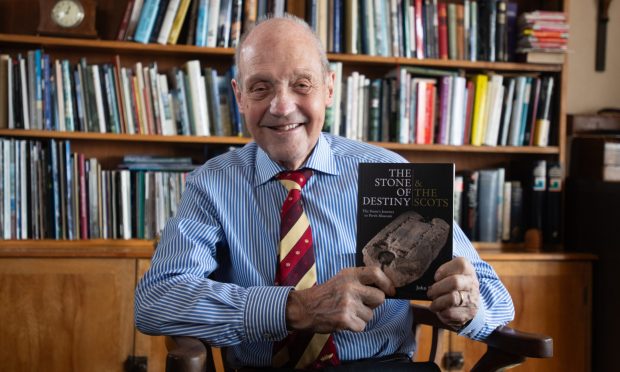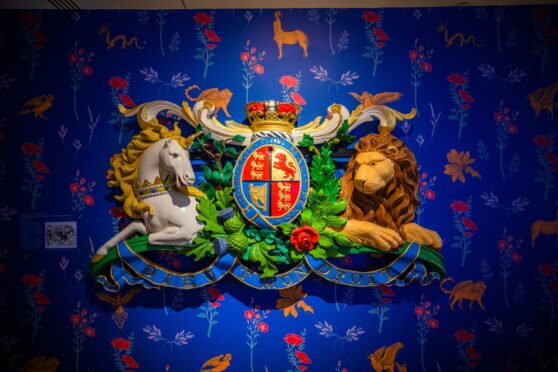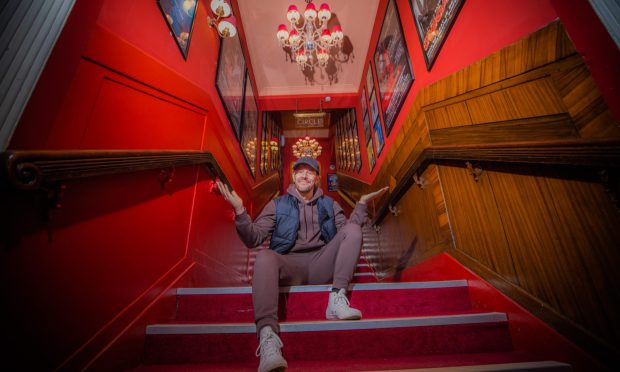A new exhibition exploring the cultural impact of computer games will take place at Dundee Contemporary Arts over summer.
Small Wars and CD_ROMS has been curated in partnership with Dr William Huber, head of the Centre for Excellence in Game Education at Abertay University and will coincide with a conference the university is hosting for academics and game educators.
Los Angeles based artist Eddo Stern will explore the uneasy and otherwise unconscious connections between physical existence and electronic simulation in his exhibition Small Wars.
Stern will present his celebrated Vietnam Romance installation, which recreates and interrogates the fictionalised history of the Vietnam War through a mash-up of cultural artefacts drawn primarily from Hollywood film culture as well as war memorabilia, comic books, popular music and adventure tourism packages.
Working with various media, including computer software and hardware, game design, live performance, digital video and kinetic sculpture, Stern advocates independent game development and the inherent potential of game design as a medium for artistic expression and cultural impact.
CD-ROMS will feature a selection of adventure games that were created for girls by writer, filmmaker and games designer Theresa Duncan in the 1990s.
Dr William Huber, said: “Digital games have moved on from being a relatively minor form in the mid-20th century to being ubiquitous, part of the lingua franca of a culture built on computing.”
The exhibition launches on July 16.










